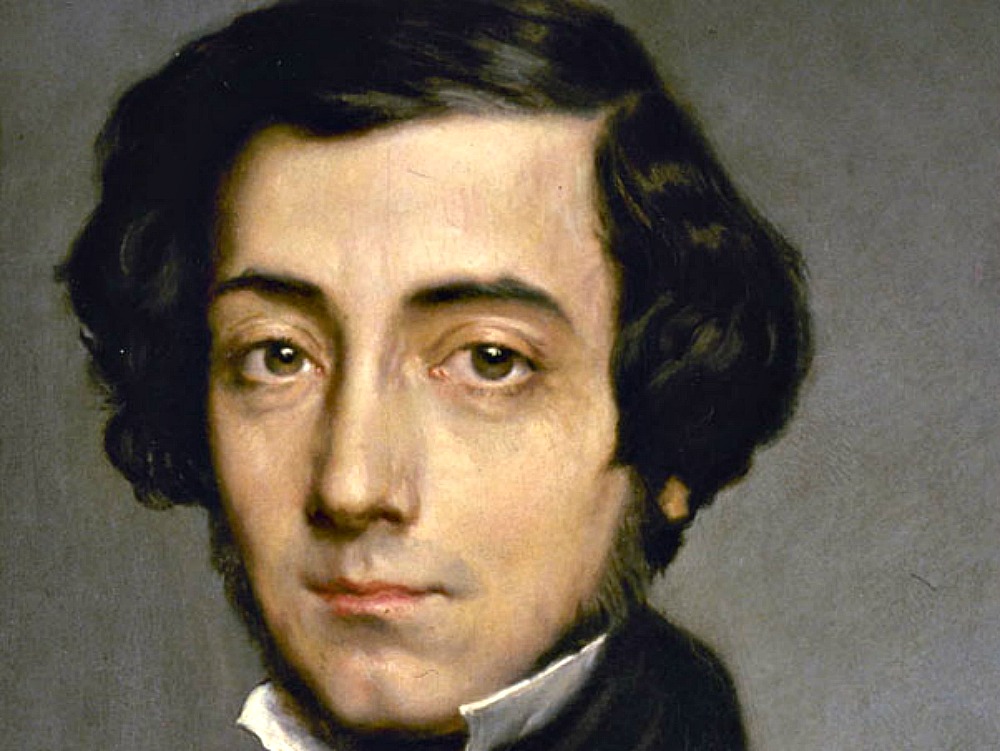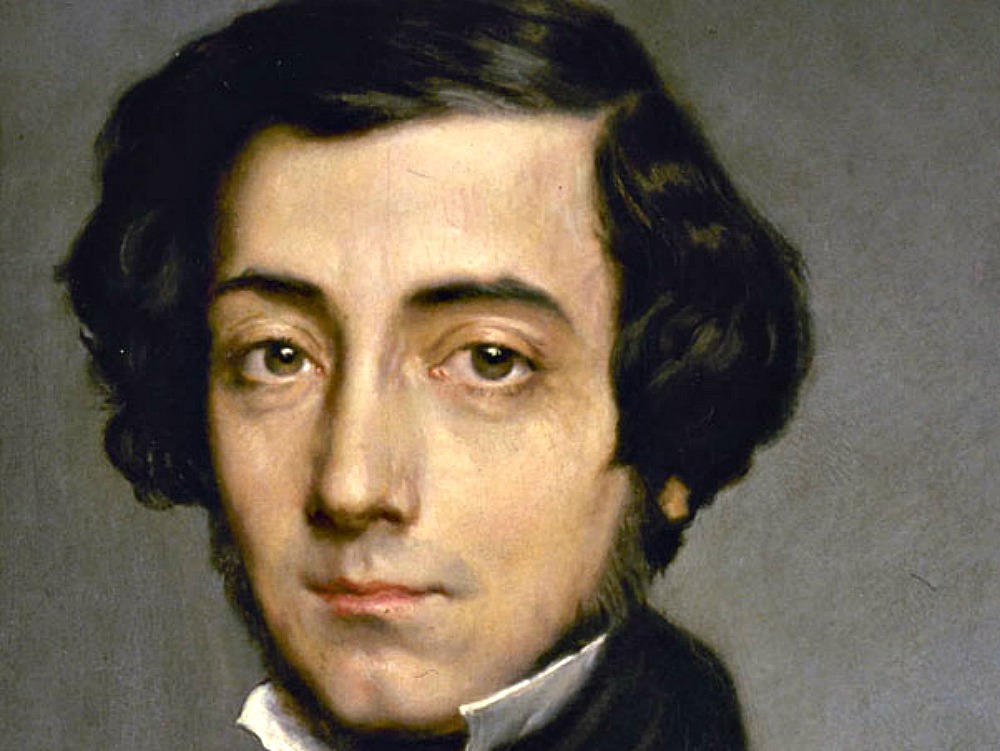In his two volumes on Democracy in America, Alexis de Tocqueville credits the success of a free society to the influence of mores – the sum of all habits, sentiments, beliefs a people share – over the influence of laws and physical circumstances. The reason for privileging mores is that as our background assumptions, they inform how we govern ourselves privately and publicly.
Different countries have different mores. Tocqueville contrasts 1830s French Canada with the Northern and Midwestern United States. The former still retained the mores of aristocratic and centralized France, while the latter maintained a federalist government because Americans then had the mores needed for a classical liberal regime, mores such as equal rights, religion, industry, and volunteerism. Free mores, Larry Siedentop explains, “are the attitudes and habits of a people who rely on themselves and freely associate in order to deal with public needs as they emerge.”
Tocqueville insisted that mores do not subsist without institutions – political ones, like juries, militia, and local and state governments, and civil ones, like schools and churches. These institutions teach citizens what habits, beliefs, and sentiments they are required to share in their inherited nation. These mores then remain with citizens as they act publicly and privately. The process of free mores is thus: institutions educate citizens how to achieve things together, forming their mores, which the latter then inspire citizens to form civil and civic associations to solve local problems without federal state intervention.
People in contemporary politics often forget this middle-man of institutions, whether they are on the left or on the right. Some on the left may conclude that the end goal of law is to make individuals as negatively free and comparatively equal as possible by means of the state. As Democratic Congressman Barney Frank apparently said at the 2012 Democratic Convention, “Government is simply the name we give to the things we choose to do together.” Others on the right may argue the job of government is to grow the economy, and as for the rest, get out of the way. For example, I attended in September the State Republicans Conference at Mackinac Island. One panel was asked the question what “conservatism” means to them. Most responded something like the power of the individual against the state. I will only say I was not very inspired by the amnesia of these conservatives, that they forget the whole existence of civil society.
This kind of language, when we only act in common through the state and are individuals for everything else, corresponds to an atomized society in which centralized bureaucracy continually replaces the work of civil society. One simply has to ask: What happens when the movement opposing the federal state expansion does not or cannot articulate the alternative? One should try to avoid being Darth Vader who strikes Obi Wan and causes the latter only to “become more powerful than you can possibly imagine.” Trying to strike down the state with the language of social libertarianism enables the state to fill the vacuum left by absent institutions.
This is not merely an abstract discussion – consider the widespread cause for school choice. Is this to only empower individuals against state control, or enable families and schools (core institutions) to be free to following their own internal impulses? I take cue from Roger Scruton in his book, How to Be a Conservative (2015): for the sake of “the health of civil society and its ability to grow from below – the main emphasis of conservative politics ought now to be in freeing autonomous associations from adverse regulations.” This view is sensible enough—giving the power of educating the next generation back to concrete communities, families, and individuals and away from mass political bodies (American Federation of Teachers and the Department of Education) justified by abstractions. Or consider free entrepreneurship: it is often promoted for the Randian cause of the individual — “I did build that.” But it can be justified by a more morally informed language about the industry of particular Americans who work together to make a business. It is not the state nor the lone individual who built that company, but groups that precede the state.
All too often I encounter conservatives, Republicans, or libertarians making the fatal conceit of the left: assuming the individual as a given and forgetting the antecedent institutions that develop us to become free for excellence. This difficulty Tocqueville identified with modern democratic society: we are individually powerless but due to the great expansion of private life we think we are individually more powerful. Consider greater consumer markets: because I can on my own go to any number of restaurants, I think somehow I have more capacity for action due to more variety of choice. But it is an illusion that one is more powerful, and the more one believes we do not need associations (evidenced anecdotally here by a political movement not consistently articulating that need), the more public life shrinks to the words of Representative Frank.
There is now decent social science to corroborate this larger conceptual discussion. Since the 1960s, the United States has seen social capital decrease for large parts of our population while our economy has continued to grow. Consider an apt metaphor from the political scientist Robert Putnam of Harvard: from the 60s to the 90s, the number of individual bowlers increased despite the fact that membership in bowling clubs concurrently decreasing. The result is that more people are bowling, but like the title of Putnam’s book on the subject, they are Bowling Alone.
Peter Lawler provides an apt phrase for the proper conservative response: “libertarian means for non-libertarian ends.” In contrast, the progressive response is what one might call “non-libertarian means for libertarian ends.” The socially libertarian corollary also to be avoided is “conservative means for progressive ends.” Instead, more conservatives can emphasize the historic alternative: promoting civil institutions for free mores of a free people.
Ryan Shinkel may be reached at theshink@umich.edu.

